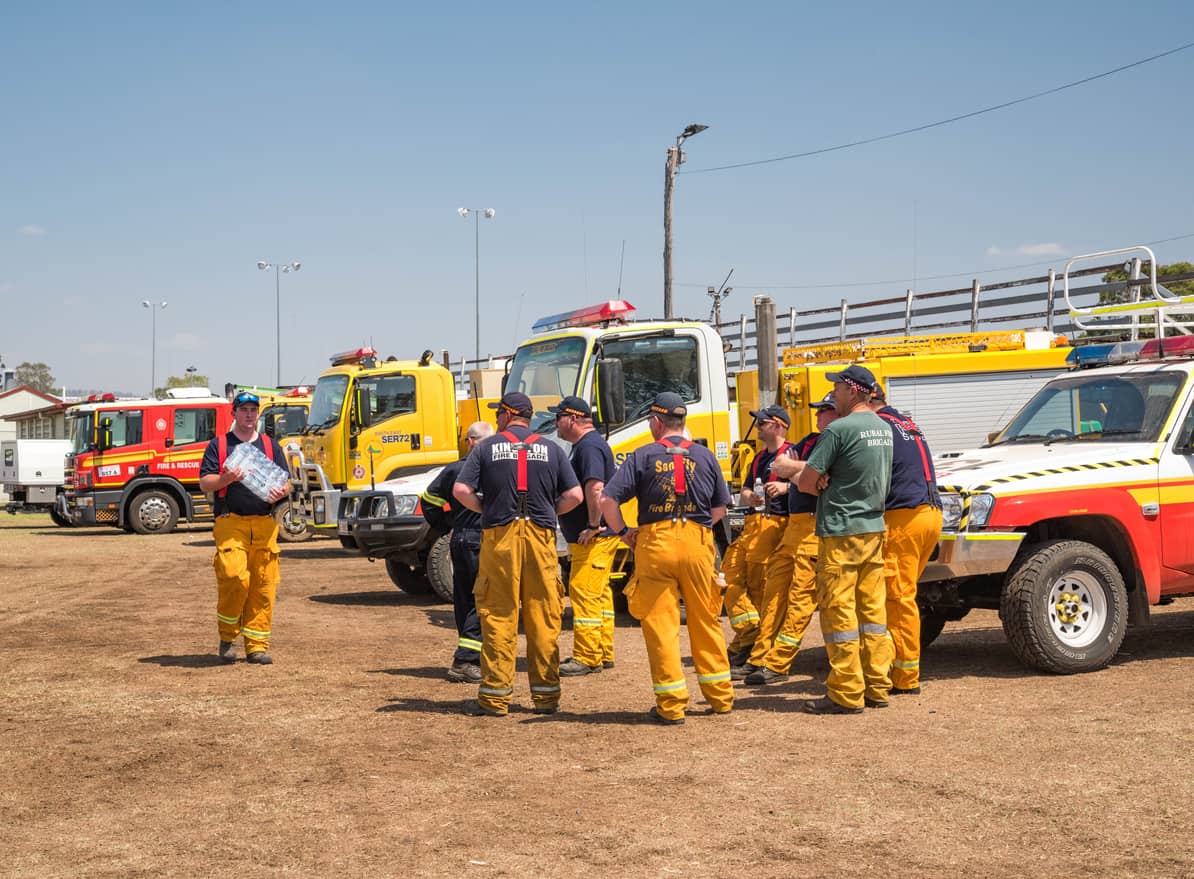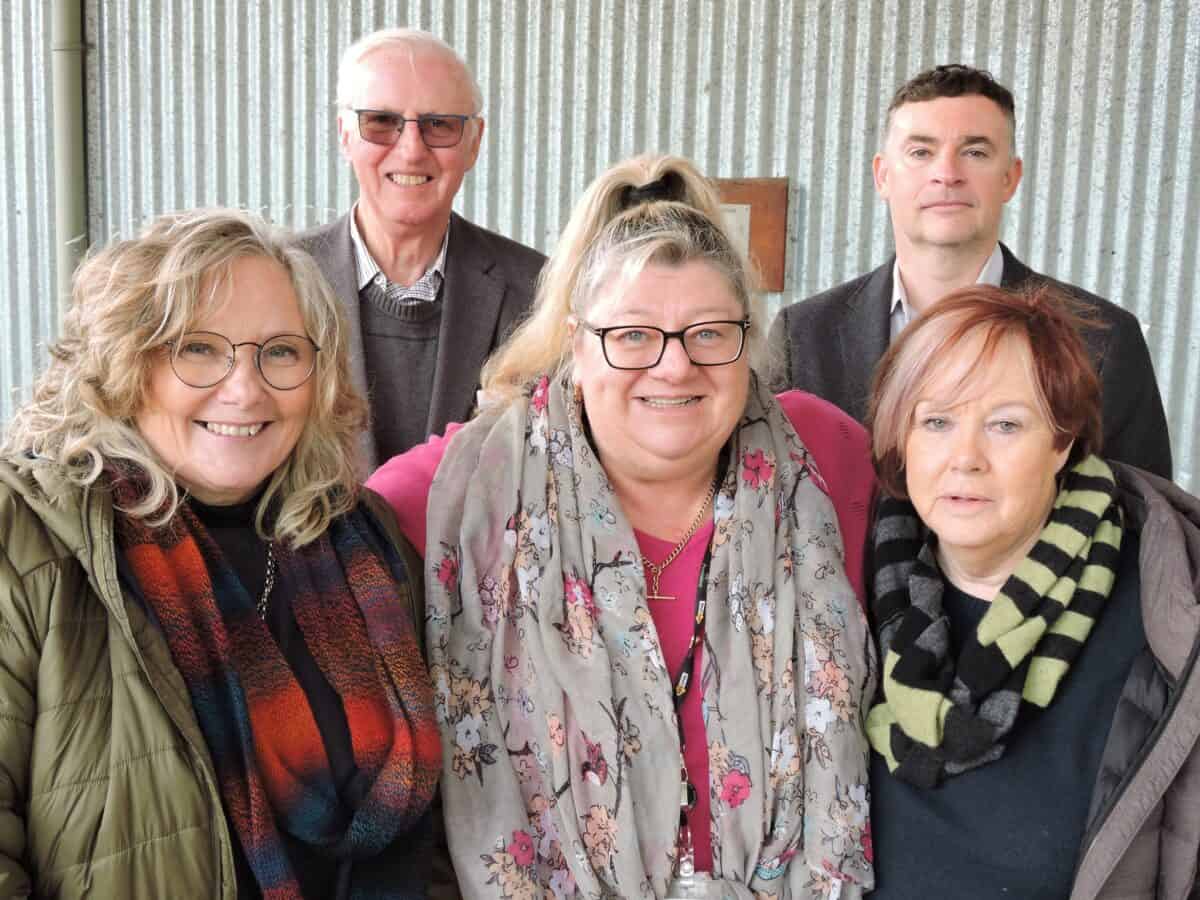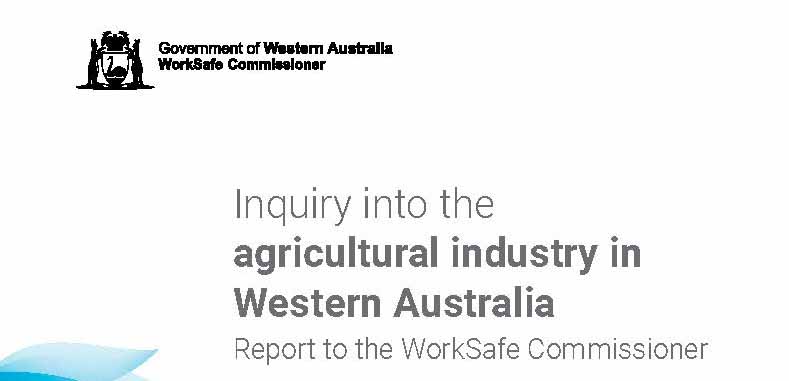It’s National Safe Work Month in Australia this October. This year’s theme is SafeTea** emphasising the importance of involving everyone in work health and safety (WHS) discussions by encouraging workplaces to have a safety chat over a cup of tea. This started me thinking about safety conversations. Is the Safety Moment mentioned at the start of every meeting ritual impactful, engaging, behaviour changing or is just eroding safety credibility?
Category: consultation
There’s more to the Right to Disconnect than just ignoring the boss
The Australian Labor Party (ALP) conference has endorsed the concept of the right-to-disconnect, according to an article in The Australian. Sadly, the reporting on the change has a dismissive tone on what is an attempt to address the increasing costs of mental health at work. Readily accessible and recent survey data on the right-to-disconnect could have been used for a fuller analysis.
Journalist Ewin Hannan wrote:
Comfortable comfort at Truck Drivers’ Memorial
Recently the annual Truck Drivers’ Memorial was held at Alexandra in Central Victoria. Worksafe Victoria’s Executive Director of Health and Safety, Dr Narelle Beer (pictured above at the memorial), spoke at the event. Her presence was welcome and important, for it reinforces the occupational health and safety (OHS) regulators’ commitment to the safety of truck drivers and not just to the risks associated with the loads there are carting.
Dr Beer said little that was new, but that is okay, as WorkSafe’s presence at workers’ memorials is about reassurance and remembrance. There were elements of her speech that should be noted by employers, and that also illustrate the difficult enforcement position of such organisations.
Is the OHS role in ESG overstated?
The March 2023 edition of Professional Safety, the journal of the American Society of Safety Professionals, included a lead story about the safety professional’s role in ESG (Environment Safety and Corporate Governance) strategies. Its perspective was a little unclear and was based on many assumptions.
One of the problems with the article is the assumption that the occupational health and safety (OHS) professional has a large influence over the decisions of the business. That is rarely the case, and there are many instances of OHS being sidelined or compartmentalised by structural and reporting lines and the exclusion of OHS from key decision forums like Board Meetings. So does OHS have a role and to what extent?
Can we move on from HSRs, please?
Occupational health and safety (OHS) needs new thinking. One of the most important elements of successful OHS comes from Consultation – a sensible process and one required by law. A major process for OHS consultation in those laws is through the Health and Safety Representatives (HSRs). This legislative (recommended) option was practical but is now almost an anachronism, yet the OHS regulators continue to support the process because it is in the OHS laws. And few will speak against the process because it is being maintained by the trade union movement as one of the last legacies of political influence over workplace health and safety.
This month Queensland government released its report into the review of its Work Health and Safety laws with these two of the three categories of recommendations:
- “elevation of the role of health and safety representative (HSR) at the workplace
- clarification of the rights of HSRs and worker representatives to permit them to effectively perform the role and functions conferred upon them and to remove unnecessary disputation,….”
The absurdity of HSRs’ persistence can be illustrated by the rumour that WorkSafe Victoria will encourage sex workers to follow the HSR consultative process through the OHS guidance expected to be released later this year.
The continuation of engineered stone can no longer be supported
The Housing Industry Association (HIA) is an effective government lobbyist for its members who can be relied on to make a submission to whatever opportunity the governments offer. The HIA does not provide details of membership numbers or names, but it does list its sponsors and partners. Recently HIA made a submission on “the prohibition on the use of engineered stone”. Its position held few surprises.
Perhaps also unsurprising is Kate Cole’s justification for a ban on engineered stone.
The cultural impediments to OHS improvement in agriculture need to be confronted
Recently Western Australia concluded its WorkSafe inquiry into the Agricultural Industry. The recommendations for improvements in occupational health and safety (OHS) are remarkably dull as they largely fit with business as usual. It is much more useful to file this as a reference document which offers some safety insights.
The inquiry was established after a spate of farm deaths (Don’t all OHS inquiries come from disasters!?). Most of the terms of reference relate to the collation of data, which, in itself, is an implied criticism of the past OHS Commissioners and governments (and national leadership).
The inquiry report is an excellent analysis of the cultural relationships between farming and OHS regulation, with some brutally honest findings that other States and OHS professionals should heed.







